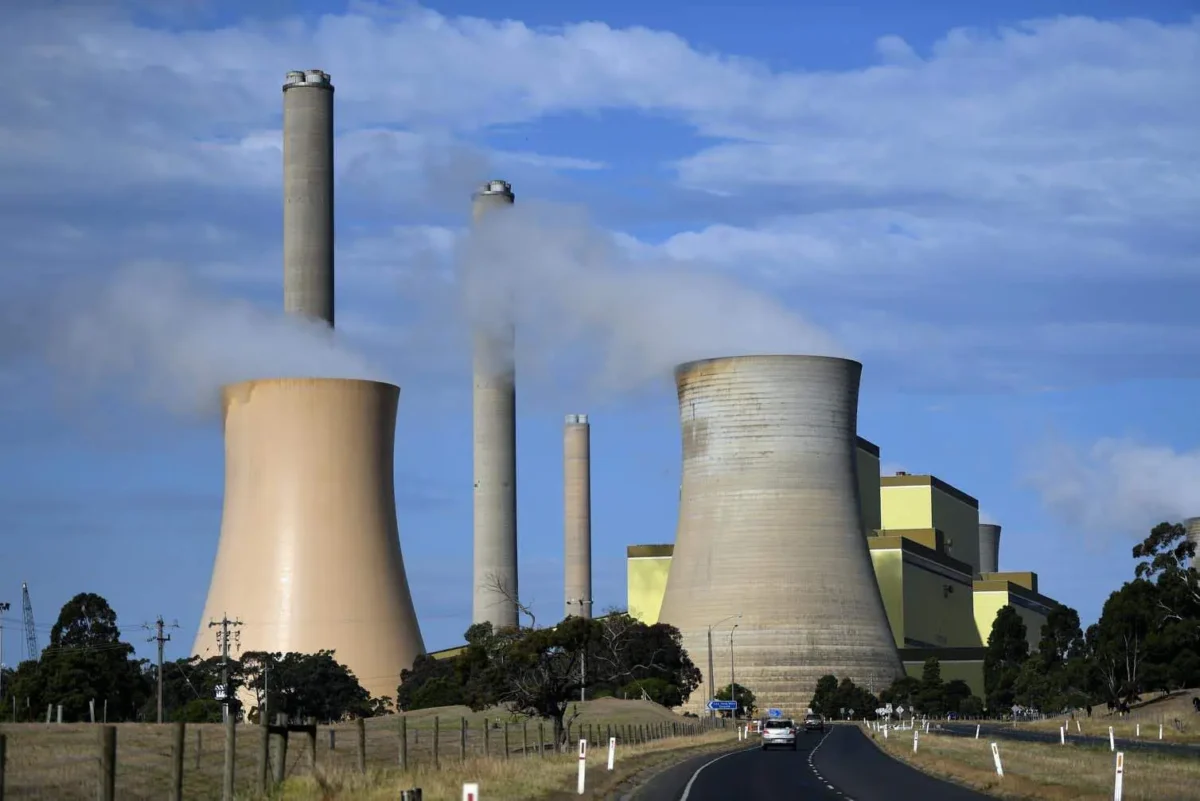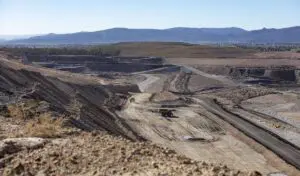No peak is in sight for carbon emissions despite progress for renewable energy, according to the latest global carbon tracker.
Scientists including Australia’s CSIRO on Wednesday warned climate negotiators of a 50 per cent chance the world’s “carbon budget” that is required to limit global warming to 1.5C could be exceeded in six years.
Total carbon emissions from fossil fuels and land use may have plateaued over the past decade, mostly because of a fall in emissions from deforestation, but they are not declining, according to the Global Carbon Budget released at the COP29 climate conference.
Growth of 0.8 per cent in gas and oil use drove fossil fuel carbon emissions to a record high of 41.6 billion tonnes in 2024, putting carbon concentration 52 per cent above pre-industrial levels, scientists said.
The carbon project tracks trends in emissions and so-called carbon sinks such as oceans and forests, which absorb more emissions from the atmosphere than they release, and is a key measure of progress on limiting global warming under the Paris Agreement.
Land and ocean sinks combined continued to take up around half of the total carbon emissions, despite being negatively impacted by climate change, the report found.
Australia’s fossil fuel carbon emissions had fallen because of a continuous decline in coal emissions and a decline in gas emissions for the first time, but oil emissions were up, CSIRO’s chief research scientist Pep Canadell said.
“2023 for Australia shows the humungous challenge we have with all the fossil fuel energy we have, but clearly an extraordinary growth of renewable energies,” Dr Canadell said.
“CO2 must reach net zero … it’s a physical requirement of the planet, and that’s because CO2 accumulates for thousands of years in the atmosphere,” he said.
Any new mine or fracking project would add more carbon emissions into the atmosphere and further reduce carbon budget, he said, when asked about the Northern Territory’s expansion plans.
“It might also have some additional fugitive emissions of methane, because both coal and gas have fugitive emissions which usually are methane, a very powerful greenhouse gas as well, and that will all contribute to reduce the remaining carbon budget,” Dr Canadell said.
The reporting does not include methane emissions, which he said account for 0.5C in global warming, and are tracked separately.
Nor does it include the 50-year development pipeline that will expand gas production off Australia’s west coast, Dr Canadell confirmed.
Ahead of the peak of Australia’s summer bushfire season, the report found emissions from fires so far in 2024 have been above the average after an extreme wildfire season in Canada and intense drought in Brazil.
The report also found carbon dioxide removal technologies, which are part of national net-zero targets, have had a negligible impact – accounting for about one-millionth of the carbon emitted from fossil fuels.
International aviation and shipping, which make up three per cent of total emissions, are projected to increase by 7.8 per cent in 2024, but remain below pre-pandemic levels.
“The impacts of climate change are becoming increasingly dramatic, yet we still see no sign that burning of fossil fuels has peaked,” said professor Pierre Friedlingstein of the UK’s Global Systems Institute, who led the study.
Source: AAP










